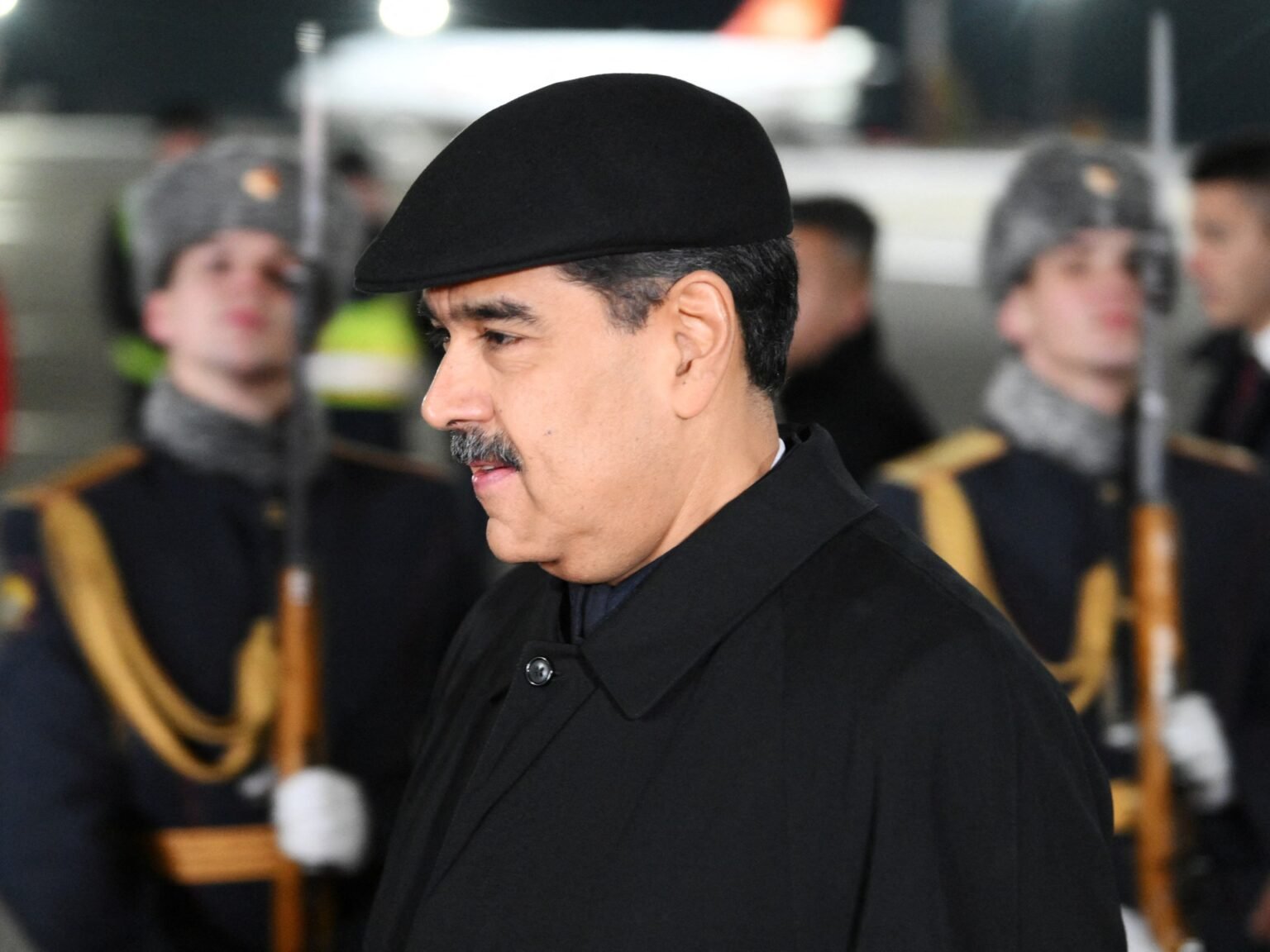The Venezuelan Foreign Ministry has accused Brazilian officials of making “interventionist, rude statements” and has pulled its ambassador from Brazil following a spat over Caracas’s failed bid to join the BRICS alliance of major developing nations. The ministry announced the diplomatic move on Wednesday, criticizing Brazil for “blocking” its BRICS membership and summoning Brazil’s business envoy for talks. This escalation in tensions between the neighboring South American states comes after Venezuelan President Nicolas Maduro declared himself re-elected in July despite major irregularities in the vote tabulation process. Brazil’s President Luiz Inacio Lula da Silva, a close ally of Maduro’s predecessor Hugo Chavez, has not recognized Maduro as the legitimate winner of the election.
Brazil’s decision to scupper Venezuela’s long-time ambitions to join BRICS at the group’s recent summit in Russia further inflamed the situation. The Venezuelan Foreign Ministry expressed outrage at this action, stating that the Venezuelan people feel indignation and shame at Brazil’s “immoral aggression.” BRICS currently consists of original member nations Brazil, Russia, India, China, and South Africa, as well as newer members Iran, Egypt, Ethiopia, and the United Arab Emirates. Venezuela’s Foreign Ministry condemned Brazil’s top foreign policy adviser, Celso Amorim, for vetoing Venezuela’s application based on the claim that Venezuela breached the trust of its partners. The ministry accused Amorim of acting like a “messenger for North American imperialism” and making value judgments on processes that belong solely to Venezuelans and their democratic institutions.
In the aftermath of the disputed election, electoral officials aligned with Maduro declared him the winner without releasing detailed results to support their claim. The opposition, led by candidate Edmundo Gonzalez, asserted that Gonzalez had won by a landslide and published detailed results from polling stations. Several Latin American countries and the United States recognized Gonzalez as the victor, but he was charged with incitement to sedition and fled the country to seek asylum in Spain. Following the election, Venezuela’s security forces cracked down on demonstrators, resulting in the deaths of at least 23 people according to Human Rights Watch. Additionally, an opposition leader was found dead after being taken into state custody, according to his political party.
The ongoing tensions between Venezuela and Brazil reflect a broader divide within Latin America over the legitimacy of Maduro’s re-election and the political situation in Venezuela. Brazil’s refusal to support Venezuela’s bid to join BRICS highlights the lack of trust between the two countries and the diverging political ideologies of their leaders. The Venezuelan government’s accusations of interventionist behavior by Brazil and the United States suggest a deep-seated suspicion of external interference in Venezuelan affairs. The violence and human rights abuses following the disputed election further underscore the deteriorating situation in Venezuela and the challenges facing the country as it grapples with political turmoil and international isolation.
As the diplomatic dispute between Venezuela and Brazil continues to escalate, it is essential for regional and international actors to engage in dialogue and seek a peaceful resolution to the crisis. The need for transparency and adherence to democratic processes in Venezuela is paramount to restoring trust and stability in the country. The role of external powers, particularly the United States, in influencing the political dynamics in Venezuela must be carefully monitored to prevent further escalation of tensions. Ultimately, a concerted effort by regional partners and global actors is needed to support a peaceful transition to democracy in Venezuela and address the underlying economic and social issues affecting the Venezuelan people.

